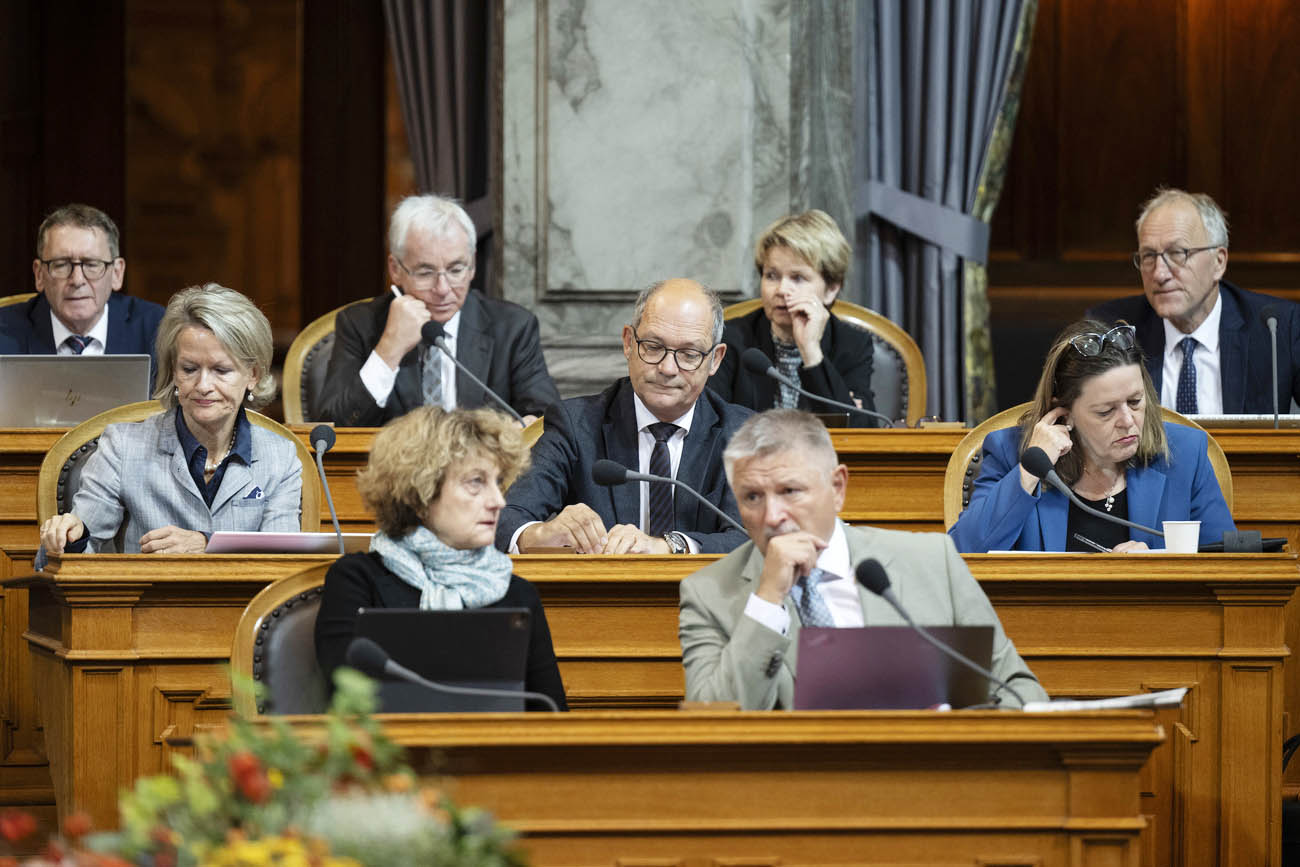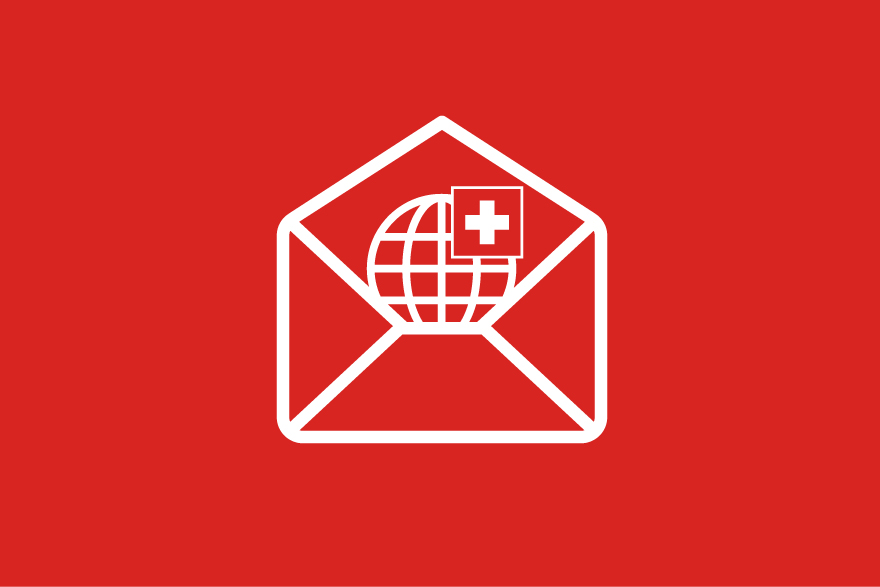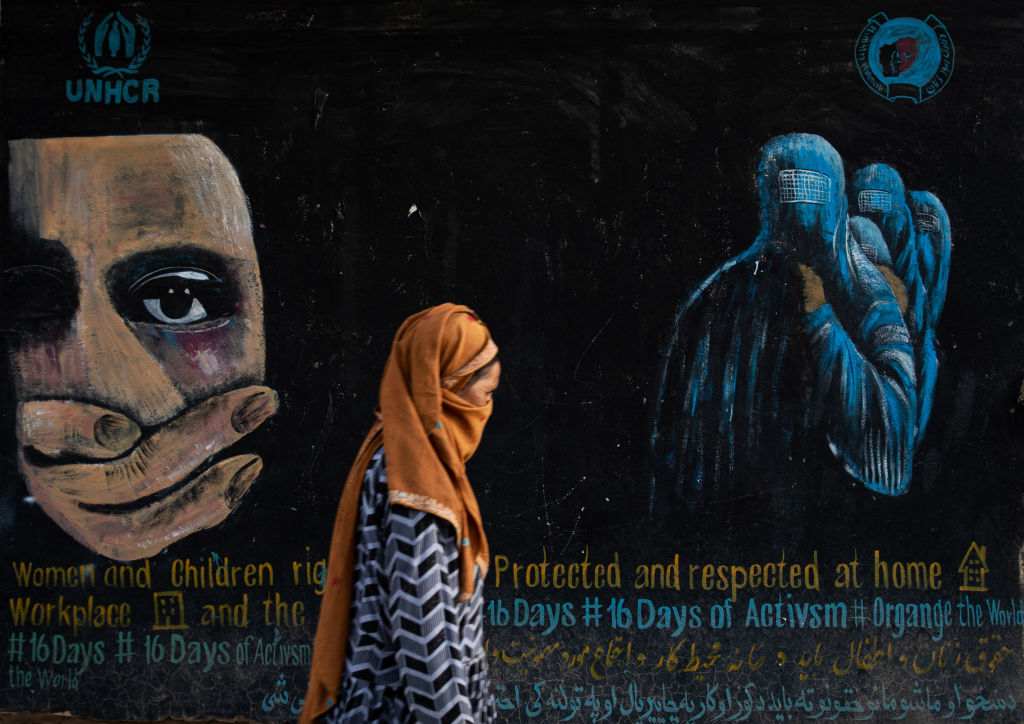
Parliament session: an autumn of anxiety

What did the autumn parliament session bring? A lot of controversy, but little progress, especially from the perspective of the Swiss Abroad.
The great disappointment for the Swiss Abroad was the rejection of a postulate that wanted to make a Swiss health insurance solution possible for expatriates. The House of Representatives only narrowly said no to this proposal by Centre Party parliamentarian Elisabeth Schneider-Schneiter. The attempt was a modest step, yet it failed. The issue now seems to be closed for a long time.
“We Swiss abroad seem to have a poor lobby in the People’s Party, Radical Party and Liberal Green Party; we need to work on this in the future,” comments Josef Schnyder, delegate for the Swiss Abroad in Thailand. “The problem that many Swiss Abroad have no or inadequate health insurance remains,” says Schnyder.
For the time being, however, child support pensions seem to have been saved, at least until the next session, as they provide many retired expatriates with around CHF800 per child per month. The matter has disappeared from the Senate’s agendaExternal link until further notice. Affaire à suivre, chances of survival: small.
What is the problem?
Anyone who has looked at Switzerland from a distance might relate with the the picture painted by a member of parliament from the Social Democrats: “Imagine you are looking at Switzerland from above, know nothing about this country and are thinking: what problems could this country have?”
“Money! You would never think that a lack of money could be Switzerland’s problem. But that’s what we’re arguing about here.”
Switzerland has imposed a strict “debt brake” on itself. It is not allowed to spend more than it earns. However, expenditure is set to rise steadily in the near future. This is because the people said yes to a 13th monthly pension and uncertain times require more money for the army.
A savings plan that sent alarm bells ringing
Switzerland must therefore raise more revenue or save more, and the government’s plan is to save more. Just before the session, the Federal Council presented a CHF4 billion savings package.
This news raised alarms in parliament. While the agenda items were still being dealt with in the House of Representatives, this savings plan dominated the discussions in the corridors and meeting rooms.
Because the plan is divisive: For the left-wing, it is a cost-cutting hammer blow. They see it as an attack on the public services and social welfare Switzerland. The right-wing on the other hand, welcomes the package as a bold step and is pleased with the unexpectedly large number of savings ideas.
“We finally know what is possible,” says Swiss People’s Party parliamentarian Vroni Thalmann. She praises the expert group that scrutinised the federal expenditure down to the last Excel sheet line for potential savings and found over 60 items. “We wouldn’t have been able to do something like this so thoroughly in parliament,” she says.
The plan also provides for the cancellation of the federal contribution to the Swiss Broadcasting Corporation’s foreign mandate and thus affects the financing of SWI swissinfo.ch. It will be submitted for consultation next year and will be discussed in detail in parliament next year.
Where is the money coming from – and for which army?
Money also remains the sticking point in the debate on the army. Both chambers of parliament now agree that they want to fund the military faster and more generously than the Federal Council proposed. However, it remains unclear where the additional four billion francs are to come from. Parliament has debated this internally in both chambers and now they still have to reach an agreement in the next session.
In the House of Representatives, the army debate was the most emotional – partly because some of the money will come from development aid. “Fossils” and “paranoid” were the words used by Social Democrat parliamentarian Fabian Molina towards the conservatives. The latter immediately demanded apologies, and the leader of the Centre party’s parliamentary group threatened to press criminal charges.

The debate also revealed a lack of clarity on what the Swiss army of the future should look like. Do we need tanks or drones? Do we need cyber warriors or grenadiers? Parliament argued about concepts. One is missing, which is actually the government’s task.
Asylum claims: broader alliance in favour of a tougher approach
The depth of the divide between left and right was also evident in the special session on asylum organised by the Swiss People’s Party. Switzerland’s most powerful party proposed a whole series of tighter regulations. Some were rejected by the House of Representatives, but one sensational proposal was passed: Temporarily admitted persons should no longer be allowed to bring their family members to Switzerland. Justice Minister Beat Jans defended himself against this in vain; he was on the defensive anyway – bombarded by countless questions from the Swiss People’s Party.
In the end, the Senate passed the delicate decision of the House of Representatives on to its Legal Affairs Committee. This committee will now first examine how the ban on family reunification is compatible with human rights and the Swiss constitution.
It is striking that the Social Democrats collected more than 100,000 signatures against this controversial decision overnight. This is yet another demonstration of left-wing campaign strength and a first. What is also new is that the economically liberal Radicals and parts of the Centre Party have taken a noticeably tougher stance on migration issues.

However, the Senate also saw this as a danger that immigration could increase and sent the matter back to the House of Representatives.
Realpolitik and symbolic politics
And Ukraine? Solidarity is giving way to legal considerations. The Senate wants to relax the sanctions against Russia that Switzerland imposed after the Russian attack on Ukraine. It wants to allow lawyers to work for Russian companies again. Economy Minister Guy Parmelin warned in vain that this would weaken Switzerland’s foreign policy credibility.
The Senate also wants to ban the delivery of Swiss protective vests to Ukraine in future. Otherwise, Switzerland would also have to supply Russia with protective vests, which would be contrary to neutrality. That was the argument, and that is the realpolitik of the present.
Symbolic politics: The House of Representatives has recognised the Holodomor as genocide. The Holodomor is a war of starvation that Russia under Stalin waged against Ukraine more than 90 years ago.
Edited by Samuel Jaberg.
Adapted from German by DeepL/ac

More
Everything you need to know about the Swiss Abroad

In compliance with the JTI standards
More: SWI swissinfo.ch certified by the Journalism Trust Initiative















![The four-metre-long painting "Sonntag der Bergbauern" [Sunday of the Mountain Farmers, 1923-24/26] had to be removed by a crane from the German Chancellery in Berlin for the exhibition in Bern.](https://www.swissinfo.ch/content/wp-content/uploads/sites/13/2025/12/01_Pressebild_KirchnerxKirchner.jpg?ver=a45b19f3)














You can find an overview of ongoing debates with our journalists here . Please join us!
If you want to start a conversation about a topic raised in this article or want to report factual errors, email us at english@swissinfo.ch.